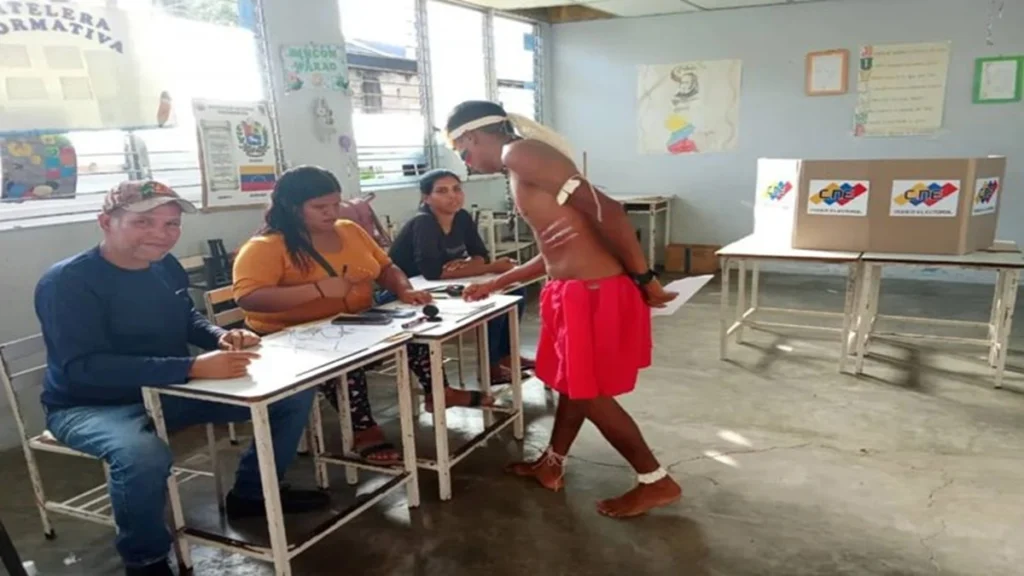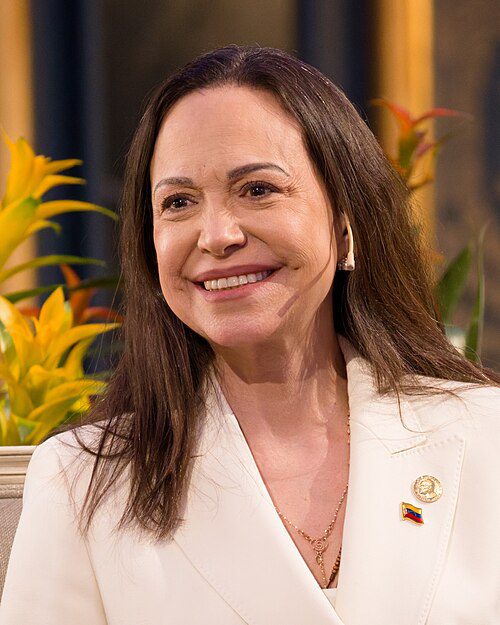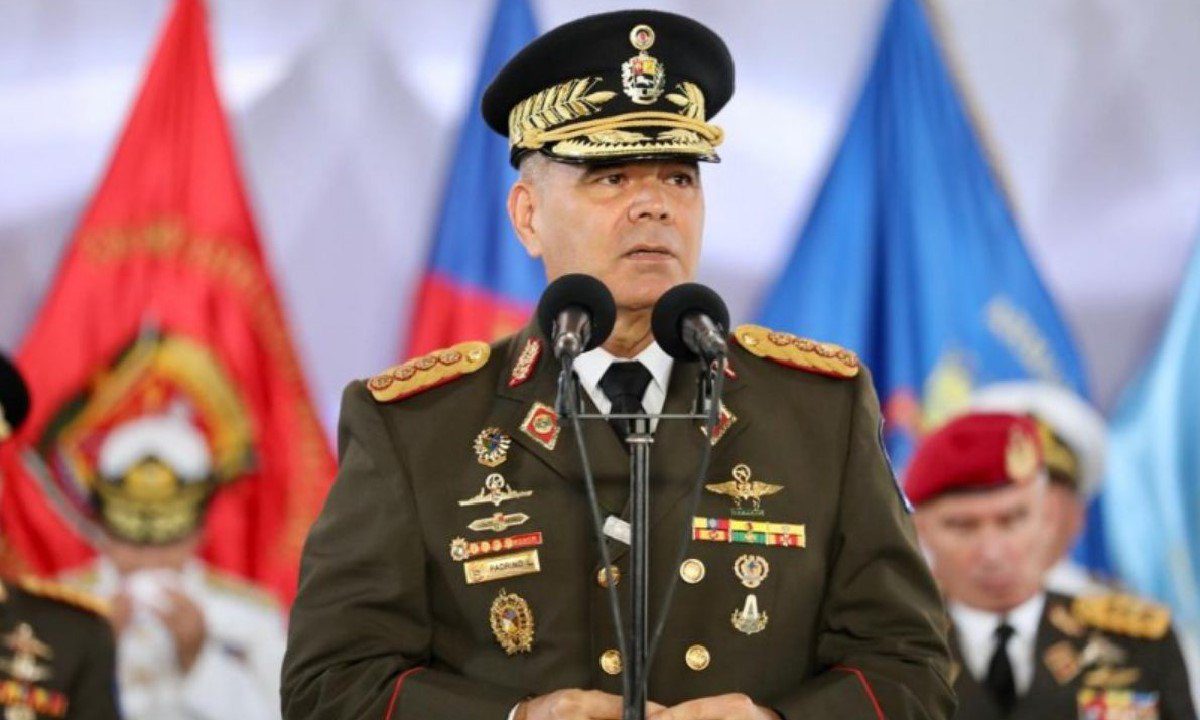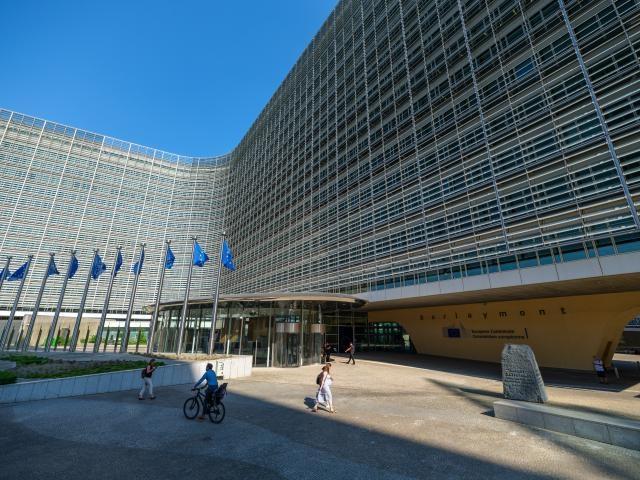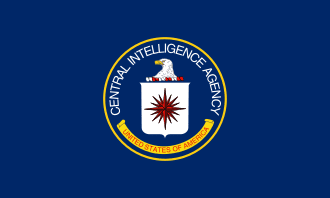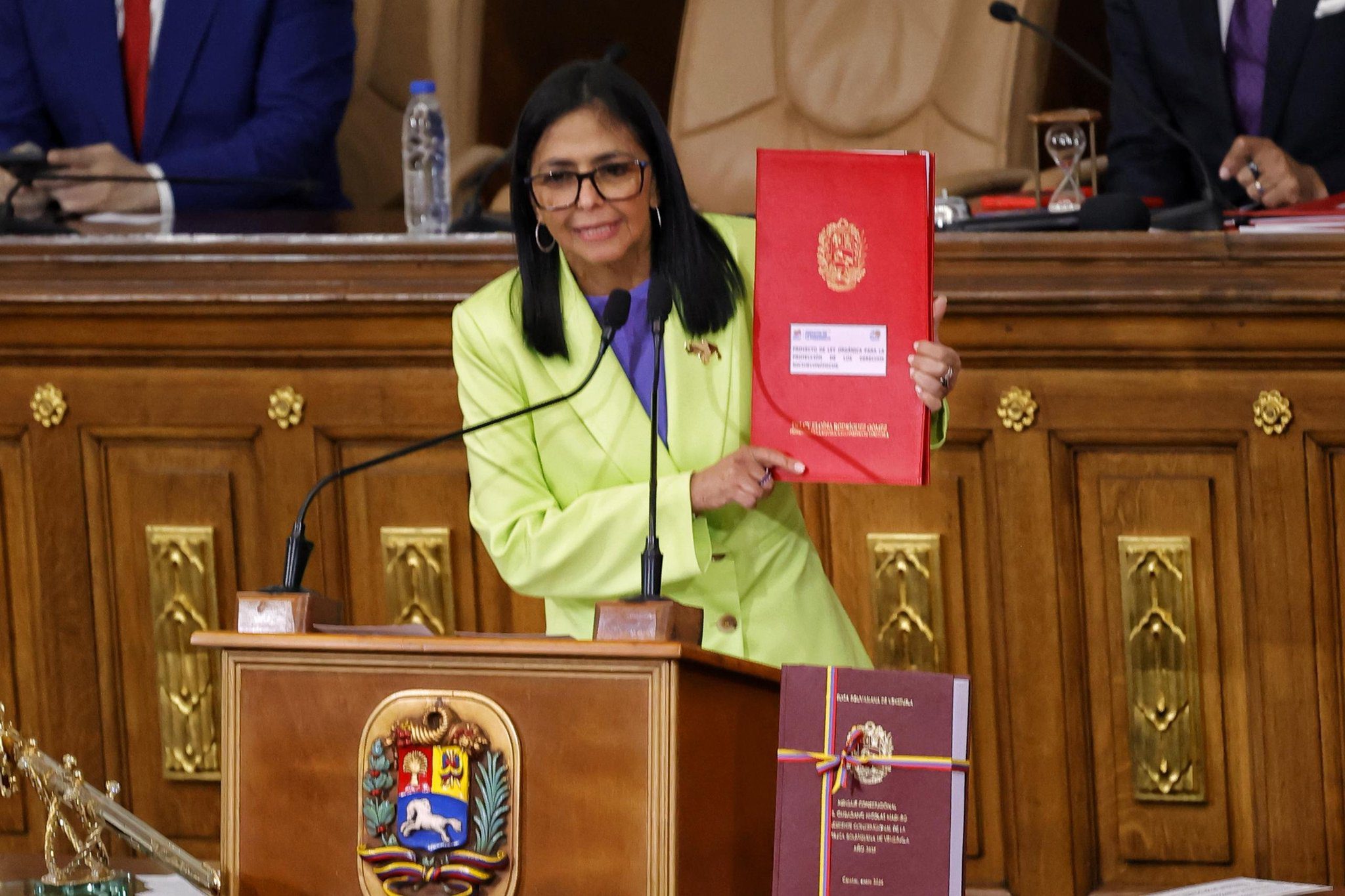More than 6,500 spokespeople, according to the “uses” and “customs” of their respective peoples, are the ones who vote directly in these elections. Photograph: Venezolana de Televisión
Guacamaya, August 3, 2025. The Indigenous communities of Venezuela are holding councilor elections this Sunday in 69 municipalities distributed across eight states in the country: Anzoátegui, Amazonas, Apure, Bolívar, Delta Amacuro, Monagas, Sucre, and Zulia. In this process, 69 Indigenous councilors are elected who will join the 2,402 councilors elected last July 27.
The Vice President of the National Electoral Council, Carlos Quintero, reported the event is proceeding normally and highlighted broad citizen participation in the event, which is taking place in 88 centers and 111 polling stations. In these second-degree elections, the first stage consisted of holding 4,061 community assemblies, in which the 6,598 electing spokespeople were chosen.
“Up to this hour (11:35 AM), of those 6,598 (spokespeople) there is an estimated participation of 35%. Voting centers will remain open until 6 PM, so we call on all the spokespeople to approach their polling stations to elect their authorities,” Quintero said during a phone call with the state broadcaster Venezolana de Televisión.
In Indigenous communities, the process for choosing their representatives to national, state, and municipal legislative bodies takes place on dates separate from the general elections of the rest of the country. Furthermore, these elections are conducted under a special procedure responding to ruling 68, dated June 5, 2020, from the Constitutional Chamber of the Supreme Tribunal of Justice (TSJ).
In this ruling, the Constitutional Chamber suspended several provisions of the Organic Law of Electoral Processes (LOPRE) and empowered the CNE to develop “a system for electing Indigenous representatives in accordance with the ancestral uses and customs of these communities.” Thus, the Indigenous population was deprived of the possibility to elect their representatives through universal, direct, and secret suffrage.
Critical voices have pointed out that maintaining separate electoral processes, both in timing and format, may represent a governmental strategy to control or channel Indigenous representation. This position gains particular relevance in situations of low participation or when the opposition is involved in a dispersed or fragmented manner.

